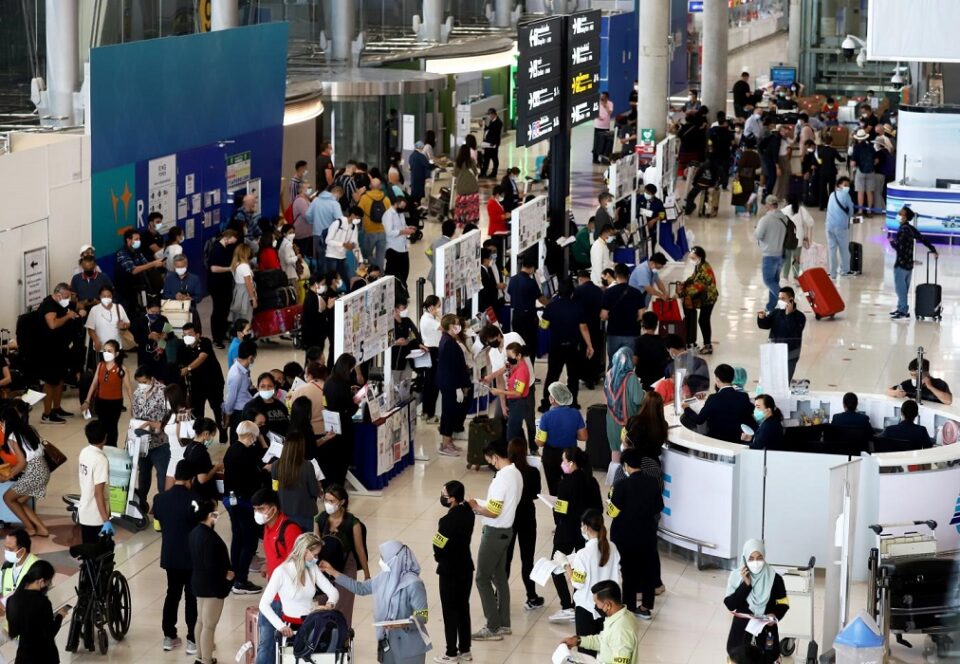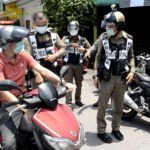The Test & Go process for foreign arrivals will be terminated at the end of the month and vaccinated travellers will require only self-antigen tests for Covid-19 from May 1, to stimulate tourism and the economy, Prime Minister Prayut Chan-o-cha said on Friday.
“Tourism is recovering and antigen tests will be more convenient and faster for visitors,” Gen Prayut said after chairing a meeting of the Centre for Covid-19 Situation Administration (CCSA) at Government House.
“Many countries are relaxing travel restrictions significantly and our country depends considerably on tourism to support our economy,” the prime minister said.
CCSA spokesman Taweesilp Visanuyothin later said that from May 1 there would be no Test & Go entry scheme. The government would have different measures for vaccinated and unvaccinated foreign arrivals by air.
Vaccinated visitors would not be tested for Covid-19 upon arrival anymore. It would be recommended they self-test using antigen kits during their stay. If they tested positive, they could enter their Covid-19 insurance process or take care of their own treatment, he said.
Unvaccinated travellers would be welcomed if they presented proof of a negative RT-PCR test no more than 72 hours before their trip.
They would be quarantined for five days, with another RT-PCR test on day 4 or 5. They would also be advised to do self-antigen testing during their stay.
High-risk visitors would be quarantined for five days. The minimum Covid-19 insurance coverage for all foreign arrivals would be US$10,000.
The compulsory tests under the Test & Go entry scheme could be lifted because statistics showed a very low infection rate among foreign arrivals, only 0.46%, through Test & Go this month, Dr Taweesilp said.
For arrivals by land, visitors who intend to stay no longer than two days must be fully vaccinated and pass self-antigen tests. Otherwise, they could not enter the country.
For visitors who intend to stay longer, vaccinated travellers would not be quarantined if they pass antigen tests, while unvaccinated travellers would be quarantined for five days.
The CCSA on Friday also acknowledged the Public Health Ministry’s decision to relax disease controls nationwide from May 1, ending control (orange) zones in 20 provinces.
As a result, the number of close surveillance (yellow) zones would rise from 47 provinces to 65 provinces, Dr Taweesilp said.
In addition, the number of tourism pilot (blue) zones would increase from 10 provinces to 12 provinces, with Songkhla and Rayong the new additions.






